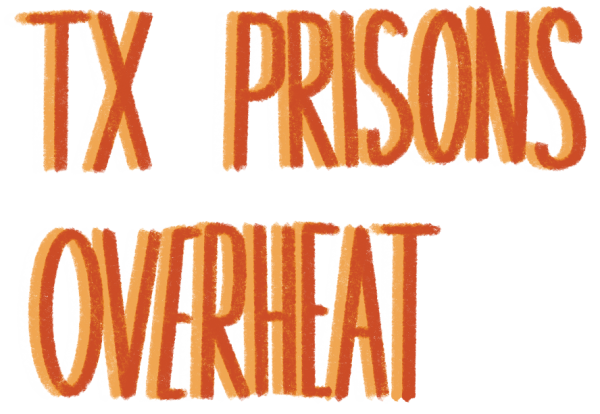Controversy raining down on recapture
February 19, 2019
Some teachers in San Antonio cannot pin rubrics to their boards without risking poisoning everyone in their buildings. Any puncture in the walls will release asbestos, a deadly insulation material outlawed in the 70s, infecting the entire school.
This is a shocking example of the effects of the severe underfunding of Texas schools. Although politicians and citizens in Texas have been debating recapture policies and the damage it causes to property-rich cities and towns in Texas for years, a major argument in favor of recapture is being left off the table. Recapture is a policy known as Robinhood in which money from property-rich cities gets sent to districts in need of money.
Before the legislature dives into the recapture debate, they must put in an effort to close the poverty gap between cities and towns in Texas. A way to begin to bridge this divide would be to enact the policy of compensatory spending in which each and every school in the state of Texas is appropriately funded. However, the money coming from this policy is only scratching the surface of the demonstrated need of schools. Texas has no state income tax, meaning more than 50 percent of the funding for schools must come from property taxes alone. The remaining amount is paid for by the state and recapture.
However, many people in cities like Austin, whose property taxes are high but not going directly towards their schools don’t like this idea. Many Austinites don’t like the idea of money going to schools they have never seen before in place of benefiting their local schools. But, like it or not, other districts still need more money. Therefore, the state of Texas needs to redistribute its budget and put more towards education.
In Austin, magnet schools are an important part of education. Students from all over the city flock to schools with special programs for their specific interests — anything from robotics to modern ballet. With this comes special funding. Magnet schools require funding to bus students from all over the district — from Circle C to Windsor Hills. Magnet schools like LASA also get special funding to maintain their special programming. McCallum, for instance, gets funding to pay for its fine arts programming and Anderson receives additional aid for its International Baccalaureate program. Many of the concerns about the Robinhood programs surround this special funding. Some magnet school students, parents and teachers are worried that with Robinhood all of the funding that would go to magnet schools, would instead go to districts in need of money in other parts of the state. This concern increased when the district published a report about its budget deficit and proposals to combat it — these suggestions included canceling magnet school funding.
Although schools in AISD are underfunded, the lack of resources at LASA and similar schools does not compare to the needs of schools in some of the poorer districts across the state. It is difficult to portray in writing the lack of funding for some schools in Texas. LASA might not have new computers schoolwide,a couple of bathrooms are missing soap in their dispensers, we’re short a teacher or two and portable ceilings leak, but some schools have zero counselors. LASA has eight, and with 1191 students, that’s 148 students per counselor. At Simon Rivera Early College High School in Brownsville, there are eight counselors and 2426 students. That’s more than twice LASA’s student to counselor ratio. Without money going towards education, counselors and resources in schools, and other tools to promote the importance of learning and higher knowledge, there is no way for students with high needs to emerge from poverty and succeed.
With the legislative session nearing, it is important that legislators recognize funding issues and brainstorm solutions. It is the responsibility of students, teachers and parents to recognize the extent of this issue and go and testify for what they believe in. It is our responsibility to do what we can to help everyone all throughout the state, not just in places without enough property taxes to pay for education.







